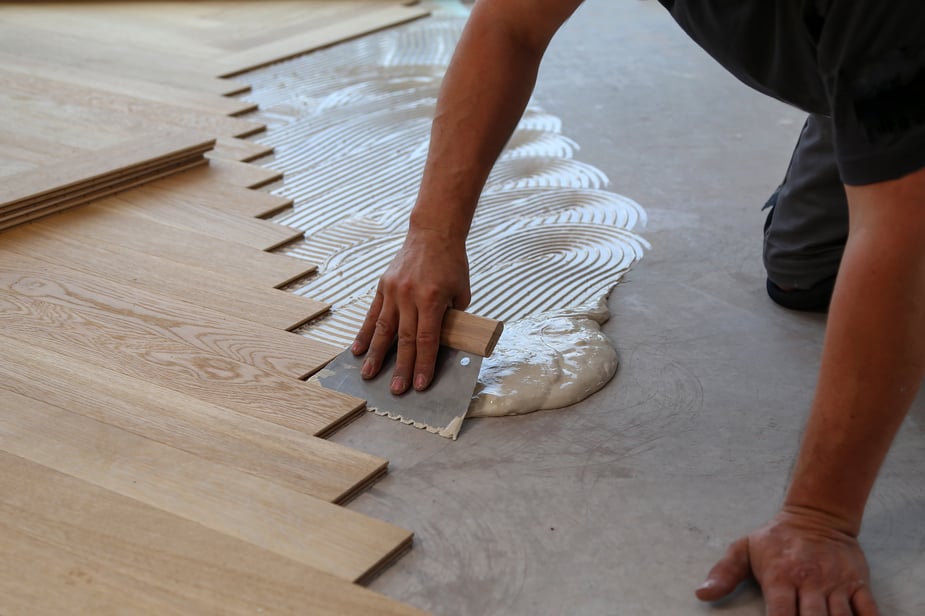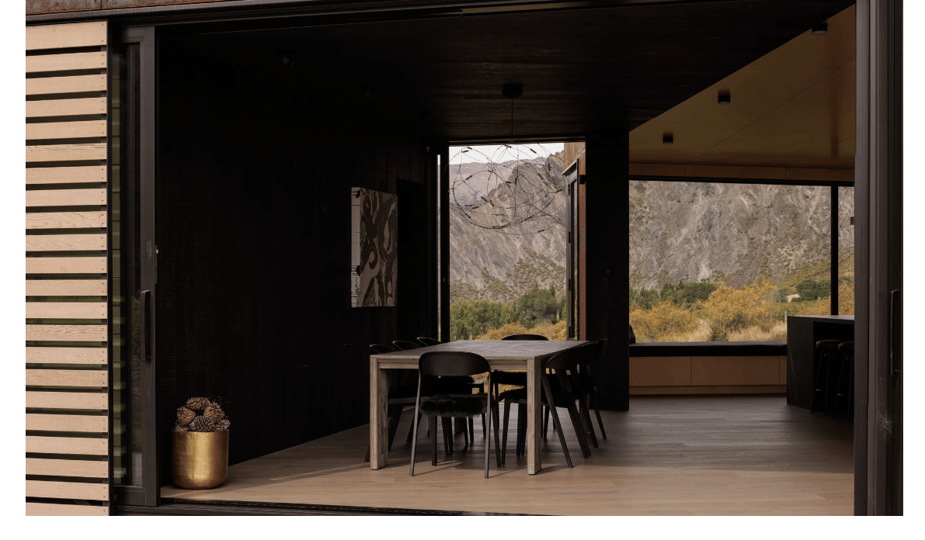
In recent years, the national median time to complete a stand-alone home has experienced a dramatic rise as bank lending restrictions, labour shortages, material costs, and supply chain disruptions have increasingly affected timelines. According to recent reports, the average completion time has grown from approximately 300 days in 2019 to over 500 days in 2024.
As the construction industry adapts to these challenges, architects and builders are looking for innovative ways to improve build programme efficiency, including using prefinished and prefabricated materials, streamlining council consent processes, and using advanced project management tools to ensure faster delivery.
To better understand these solutions, we spoke to Forté’s Kylie Bosanac who shares the innovations improving the situation.

Streamlined building materials
When it comes to timelines, high-performance, pre-engineered, prefabricated and prefinished building materials can enhance efficiency and significantly reduce time spent on on-site assembly.
“Forté’s cladding, flooring, wall panels and veneer are all prefinished which means you don’t need to send them to anyone to add a finish or coating,” shares Bosanac. “This reduces the number of trades required on site because you don’t have to get the painter or floor sealer back in once the product is installed.”
For kitchens and bathrooms, where additional on-site finishing is common, using products that don’t require finishing greatly decreases construction timelines.
“For example, for our veneer cabinetry panels, once the cabinet maker has cut the panels and formed them to the right size for the cabinetry, they don’t have to send them away for finishing,” shares Bosanac.

How product testing and certification reduces build timelines
When products have clear documentation, architects and specifiers don’t lose time on searching for product specifications or having difficulty getting council consents.
“The Codemark accreditation on Forté’s flooring, for example, makes it easier to specify. The testing we do on our products also means there are less product failures, and councils know the products are high quality, and have the right accreditations (which are readily available on the website) so they pass easily through the council consent process.”
Using quality products that are well regarded, premium quality and have detailed documentation can streamline the consent process and reduce construction timelines, says Bosanac.
“By using companies that have transparent product accreditation, leveraging the latest manufacturing technology and methodologies, it is possible for the industry to turn the tide on project delays.”